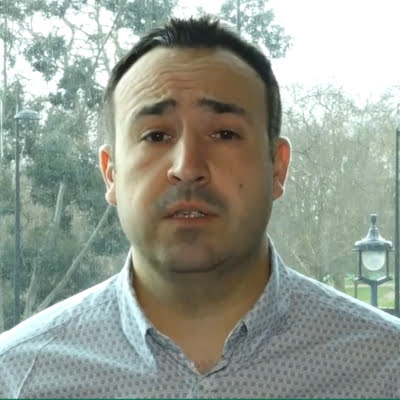Three of the NatWest team highlight some of the benefits they have seen from our Professional Qualifications.
Three of the NatWest team highlight some of the benefits they have seen from our Professional Qualifications.
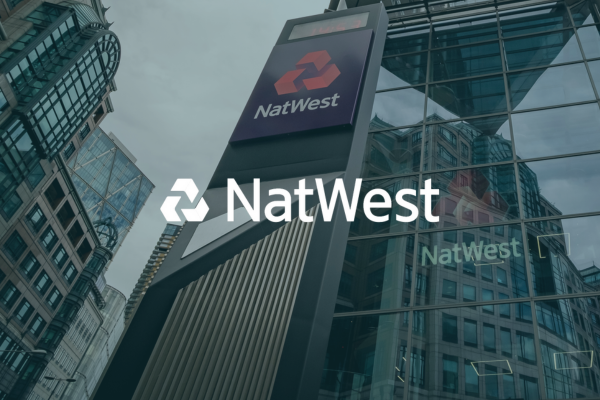
Head of Business Enablement at NatWest Corporate & Institutional Servicing, Simon Wilkes MMICS, highlights how our Management Qualifications Programme has provided him with methodologies, structure and insight to develop and enhance a NatWest’s service model.

Watch Andy Pymer, Executive Director of Finance and Regulation at Wessex Water, highlight how membership and ServiceMark with Distinction helped them achieve a high rank in Ofwat’s Customer Measure of Experience and Developer Services Measure of Experience league tables.
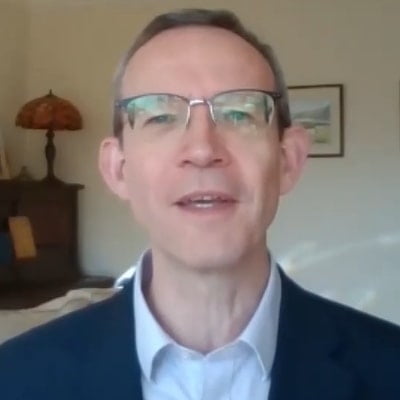
Watch Dean Anderson, Customer Experience Manager at Edinburgh Trams, share how ServiceMark and Professional Qualifications, among other membership benefits, have helped them consistently grow their customer base over the last 7 years, increase colleagues and customer satisfaction, reduce complaints handling and increase employee retention.

Whether at home or at work, we all rely on the power supply to keep us going about our day to day lives. Maintaining the power network is therefore a big responsibility, requiring rapid response and high levels of customer service when issues arise.
One distribution network operator (DNO) with a large customer base spread across two distinct geographical areas is SP Energy Networks. The organisation looks after the power supply to some 3.5 million households in Central and Southern Scotland and in Merseyside, Cheshire, North Wales and North Shropshire. This involves maintaining around 40,000km of overhead lines and 65,000km of underground cables, no small task!
SP Energy Networks has a team of 1,500 field engineers who interact directly with customers when an issue needs resolving or networks need to be maintained, and a contact centre team of around 65 people who handle phone calls, emails and other communications from and with customers.
The contact centre handles some 1 million calls a year, with daily volumes varying significantly depending on whether or not a power interruption arises. If a storm damages the supply network, calls can shoot up from the daily average of 1,500 to as many as 80,000. The contact centre runs itself like an emergency service with normal phone call response times impressively low, at under 10 seconds.
“Providing outstanding customer service is a major priority for us,” says Kendal Morris, General Manager Customer & Social Delivery at SP Energy Networks. “We have to be ready to deal with a wide range of enquiries. If there is a power cut or fault, then of course customers can be quick to contact us. But we also proactively contact customers ourselves especially our more vulnerable customers, for example, if there is planned maintenance due to the supply in their area. Customers also contact us for new connections or with general enquiries, which can be anything from reporting graffiti to requesting some earthing work in their property.”
The majority of customer contact, apart from face to face in the field, is done by phone. However, queries also come via email and contact forms from the website. The company also runs various social media accounts and monitors and responds to enquiries through those channels.
In recent years, the business has significantly increased its focus on customer service, as Kendal explains: “Our CEO Frank Mitchell recognised a number of years ago that a culture change was needed across the organisation to ensure decisions were made with our customers at the heart of every plan and action. We are an engineering business and it is really important our engineering standards are high, however decisions need to be made from a customer service perspective.”
This service emphasis is also important because, as a regulated business, every customer contact that SP Energy Network has is passed to a third party and scored. The business needs to achieve at least 8.2 points out of 10 on average to avoid a financial penalty and so customer satisfaction needs to be exceptional.
Satisfaction scores have risen year on year over the last 8 years which shows the strategy is working and customers are receiving an excellent service.
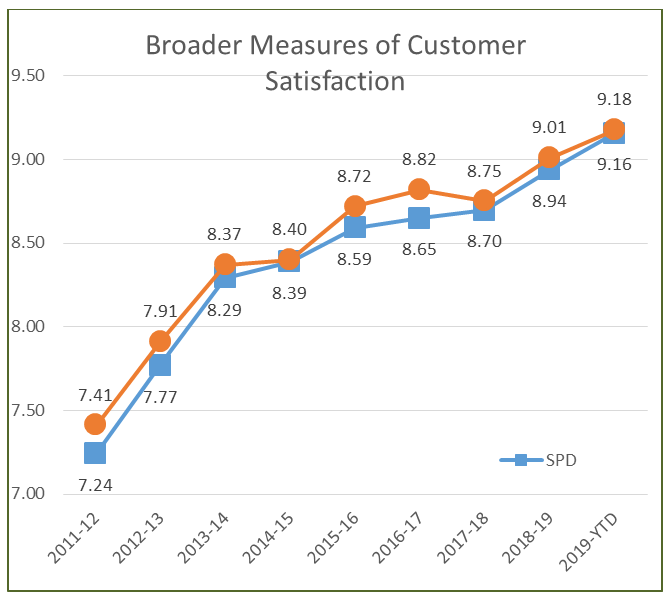
Kendal said “as part of our customer service strategy SP Energy Networks joined The Institute of Customer Service. Over the last two years, the business has rolled out customer service training via The Institute’s Academy, with around 200 staff members having been through the programme to date.
The Academy has delivered FirstImpressions customer service training to staff as well as ServiceManagement training which is designed for managers and team leaders.
The training we’ve done with The Institute has definitely helped us enhance our customer service focus,” Kendal says. “It reinforces a customer culture and provides a consistent platform. It’s also really effective in bringing people together who might not work directly with each other on a day-to-day basis and building a team mentality, while the project work involved extends the learnings and embeds them further. It also means that we can provide customer service qualifications to staff, where previously the business only really invested in engineering and technical qualifications, so that’s an important benefit for many of our people.
One of the most valuable parts of membership for the business is the annual benchmarking exercise that The Institute conducts. The most recent benchmarking in February 2019 gave SP Energy Networks a customer satisfaction score that was 1.7 points higher than the top organisation in The Institute’s UK Customer Service Index.
We were very pleased to have such a good score of course,” Kendal reflects. “Network Operators like ourselves aren’t included in the UKCSI itself because of the ambiguity it would create with frontline energy suppliers (they people you pay your energy bill to). But our score enables us to benchmark ourselves against businesses outside our industry and shows us that we’re on the right track .”
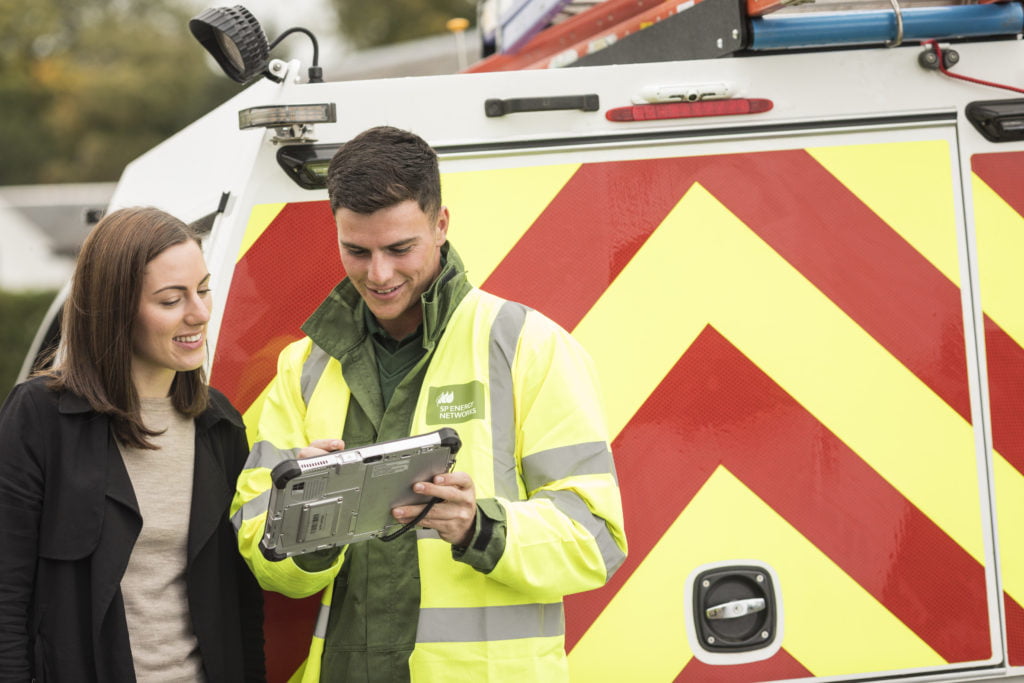
One area that has become increasingly important to the company, as well as regulators, is supporting vulnerable customers. Customers can register across 30 different categories of vulnerability for support during a power interruption. Of the 3.5 million households SP Energy Networks serves, some 980,000 customers have registered for support.
“We need to identify customers in vulnerable circumstances because obviously any power cut or interruption to supply could have serious consequences for some individuals,” Kendal explains. “We engage in proactive outreach to identify vulnerable customers and also partner with charities and other organisations who provide services that may help them. We offer services to our customers far wider than customers may expect from a network operator such as befriending services, benefits checks and dementia support.
Developing specific training for our staff to support those with vulnerabilities has become an important focus for us, whether we develop and deliver that training ourselves or with The Institute or another organisation.
Meanwhile, we look forward to continuing our membership of The Institute and working together to keep driving our customer satisfaction scores as high as we can get them.”

Watch Sandie Dunn, People Development Manager at Legal & General, highlight why customer service qualifications are important and how working with The Institute of Customer Service has helped the company improve its service levels.
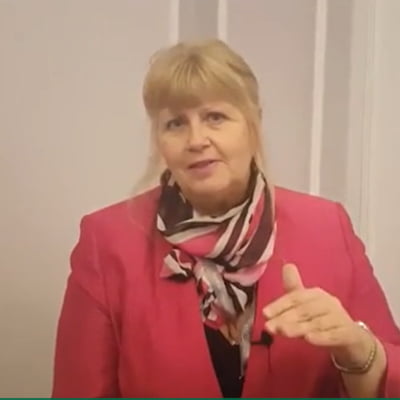
Watch Andrew Harris, Customer Contact Centre Manager, at Laithwaite’s Wine discuss how he secured a return on investment from customer service training and skills development.
